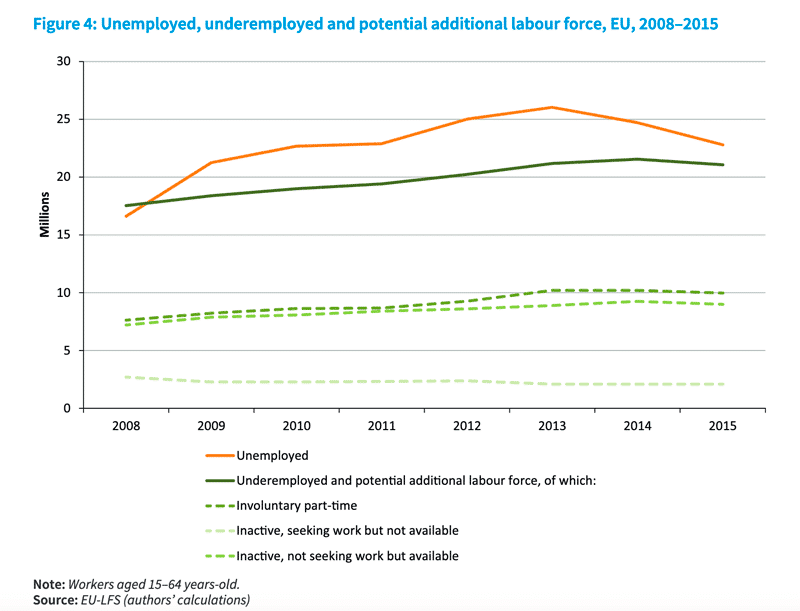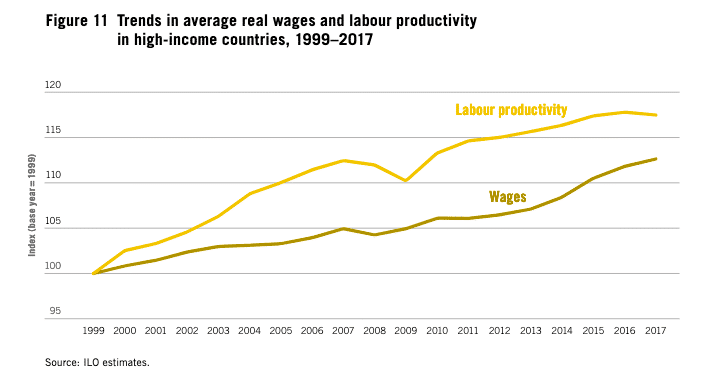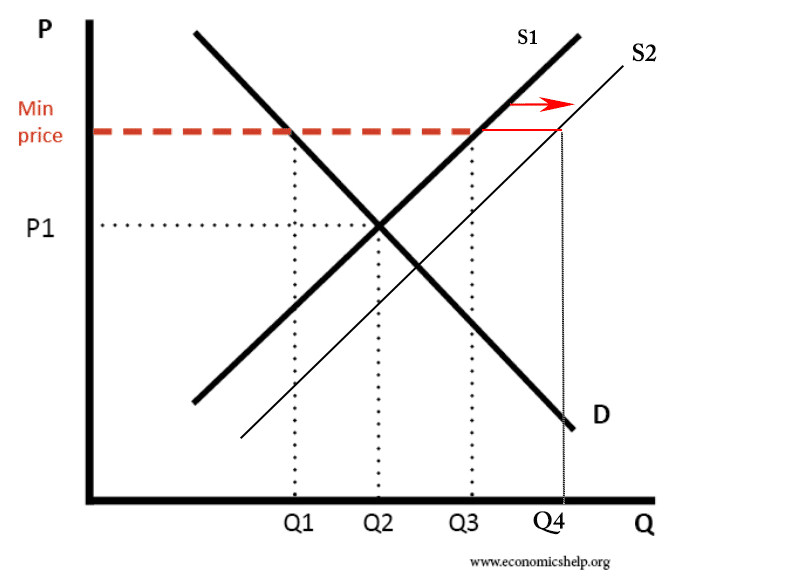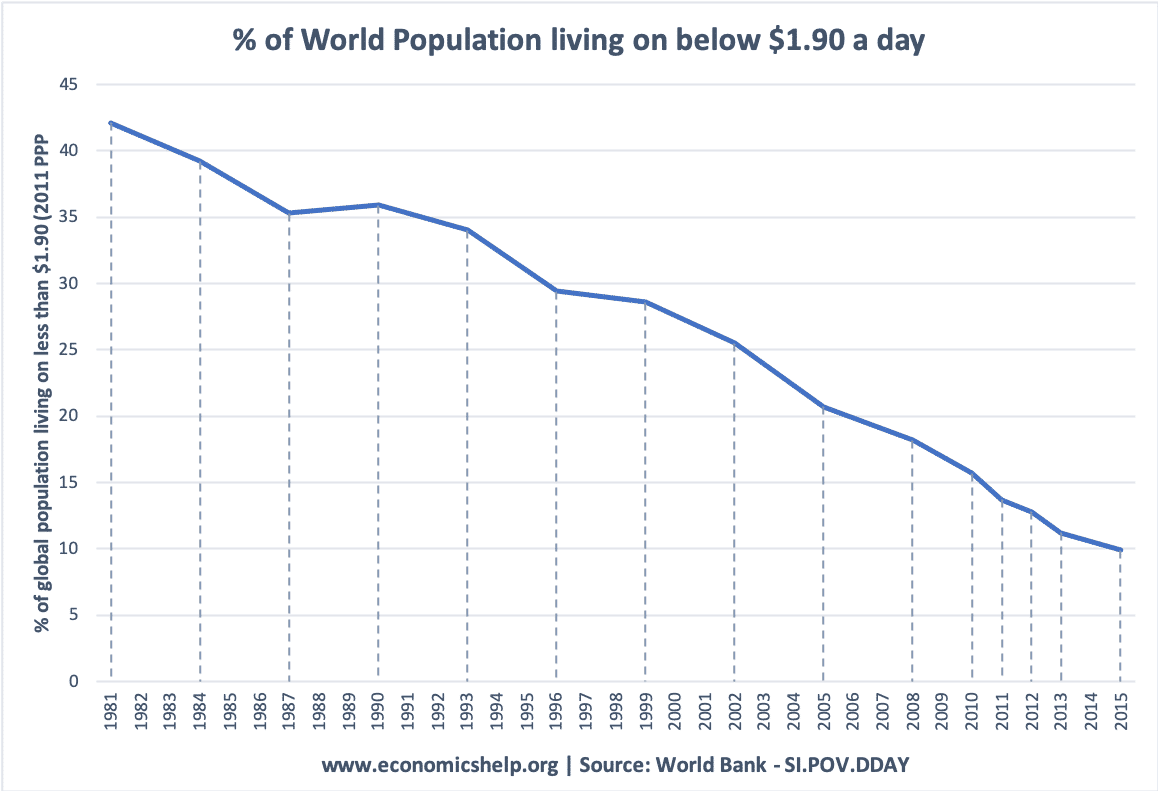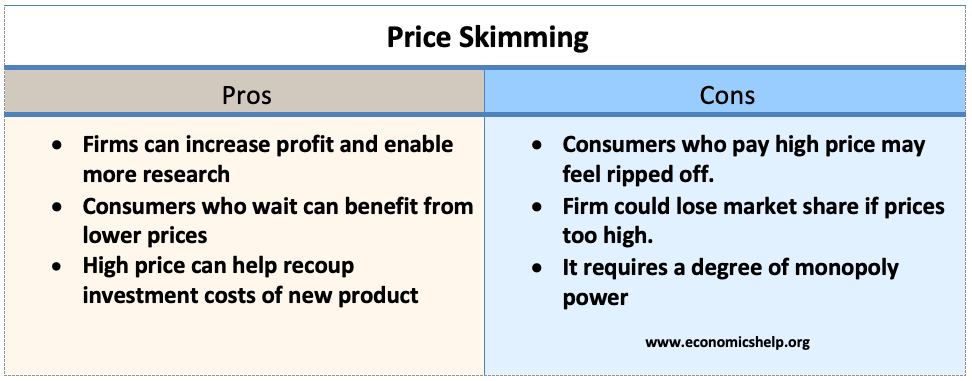The cost of free tv licenses for over-75 year olds
Funding free licence fees for over-75s cost the government £608m in 2013-14 – about a fifth of the BBC’s budget. By 2021/22 funding free license fees for the over-75s would cost £745m. Under the new scheme, pensioners receiving pension credit will be eligible for a free license, but the rest of pensioners over 75 will …

